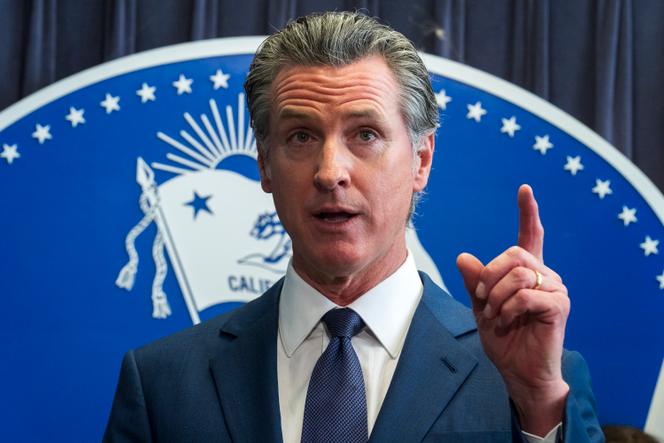


Right up to the last minute, the two camps campaigned in Silicon Valley. On the evening of Sunday, September 29, California Governor Gavin Newsom made the final decision: He vetoed a bill aimed at imposing the strictest safeguards on major artificial intelligence models in the United States.
SB 1047, the "Safe and Secure Innovation for Frontier Artificial Intelligence Models Act," had divided the tech world, as well as California's political class. Although not as demanding as European regulations, it made artificial intelligence companies legally liable for damage caused by their models.
It demanded that they incorporate a "kill switch" to disable their systems if they became uncontrollable and caused major damage, such as massive loss of life or property damage exceeding $500 million. Elon Musk declared himself in favor of this, unlike Mark Zuckerberg (Meta), Sam Altman (OpenAI) and pro-Trump venture capitalist Marc Andreessen.
Like Musk, several of the landmark figures in AI, such as Geoffrey Hinton and Yoshua Bengio, approved the bill. "We believe that the most powerful AI models may soon pose severe risks, such as expanded access to biological weapons and cyberattacks on critical infrastructure," Hinton wrote in a letter to the governor co-signed by dozens of current and former AI employees.
At software giant Salesforce's annual conference in San Francisco on September 24, Newsom voiced his skepticism. Usually quick to praise California's pioneering initiatives, notably on climate or consumer advocacy, he lamented that the AI safety project was a substitute for federal debate on the issue.
He also expressed concern that it would have "a chilling effect on the industry." "We dominate this space and I don't want to lose that competitiveness," he declared, pointing out that 32 of the world's largest artificial intelligence companies were located in California. When it comes to the risks posed by AI, he said he would try to stick to those that are demonstrable, as opposed to those that are hypothetical. The bill targeted systems requiring more than $100 million to build. No model has reached this threshold, but pessimists believe it could be reached quickly.
Despite the latest calls to adopt the bill, notably from Hollywood figures, the governor sided with the majority of stakeholders from the state's other flagship industry, Silicon Valley. He also followed the advice of Democratic Party heavyweights such as Nancy Pelosi, the former speaker of the House of Representatives who represents San Francisco.
You have 37.8% of this article left to read. The rest is for subscribers only.
